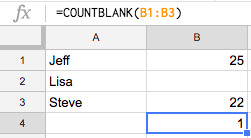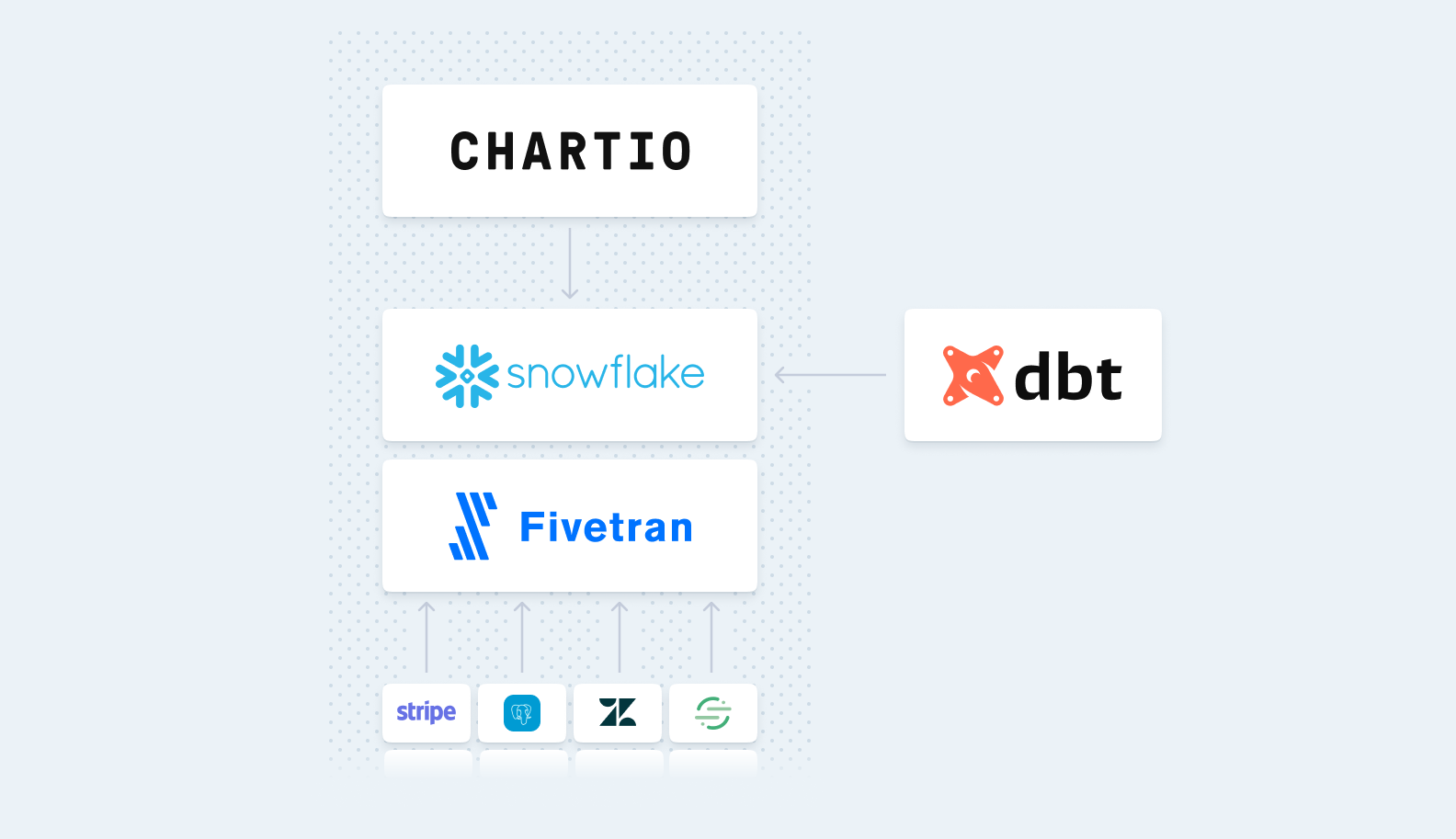The Five False Fears of Democratized Data
Posted by on March 10, 2017 Data, Data Analytics, Education
Data and analytics has historically fallen under the guise of IT and data departments where these departments have acted as governors of data. For many companies, data belongs to only those who are hyper literate in data. Meaning, data teams own data and no one else has access to explore it. There’s been a fear in giving business users access to the data.
Over the years of talking with hundreds of prospective customers, I’ve identified five main fears holding companies back from democratizing their data. In this post I name each fear and describe why each are baseless.
1. Business Users Aren’t Technology-savvy Enough

Please. Working with data isn’t rocket science. Anyone who’s passed basic algebra can understand the structure of data and the concept of aggregating it into a resultset.
Business users are the people who are magicians at Excel. And they’re pros at Excel because it’s the only tool they’ve ever really had for working with data. Sure, business users many need to be led to good tools, and be given access to relevant data with clean models. But, once they’re set up and with a minimal amount of training, they understand it perfectly well.
This is a tools, setup and education issue—not an intelligence one.
2. Business Users Don’t Understand the Data

I hear the “but the Marketing team doesn’t know what’s in the database” complaint all the time, and every time I hear it, I can’t help but pause and think for a bit.
Of course they do, and of course they don’t.
Of course they do, because it’s their data. Marketers know exactly what their leads, channels, conversions, views, etc. are. It’s their data and no one cares more about it than they do. Marketing data is a marketer’s lifeblood. They live and breathe those measures and need access to it.
But sure, maybe they don’t know the details of where it’s put in the schema or some conditions that need to be filtered out. But who knows that? Answer: The data team. And why do they know that? They know it because someone gave them access to the data and they played around with it and over time learned slowly.
The only reason business users don’t know what’s in the database is because no one has given them access to it. They’ve never had the chance to take a look under the hood and find out.
3. Too Many People Working in the Data Will Make Inconsistent Results

The fear that different people will make multiple charts of the same KPIs is something I hear a lot too. This one at least carries a partial truth. Many people working with data, will create a more chaotic system and more mistakes will happen, but at the same time more mistakes will be found. This isn’t something that should be feared. This is something that should be embraced.
More eyeballs on the data looking at information from multiple different angles is how you catch errors and think about things in fresh ways. Having one person make all the charts, and have that one person check all the charts for validity of the data only leads to massive errors.
While it isn’t fun to go dig up the difference between two different results sets for the same KPIs it’s a necessary activity for data integrity.
4. The Dashboards Will Get Messy With too Many People Working on Them

When only your data team is running your analytics it’s easier to keep things organized. It’s easier because only a few people work on what amounts to a few dozen dashboards.
With democratized data you’ll end up with thousands of charts on hundreds of dashboards. This of course is only a good thing. Think about it: email can also get incredibly messy, but that doesn’t mean you limit email to only a few people in the company.
Choose a tool that has great permissions, search and management functionality and the seeming chaos will be easily dealt with.
5. Someone Might Delete my Work

That’s what permissions are for. This fear doesn’t apply to apps like Google Docs or Word, but for some reason people feel it applies to analytics.
If it does you’re either using the wrong product or using permissions poorly.
Conclusion
Data shouldn’t be locked behind gatekeepers on the data team. With democratized data, your organization can unlock business insights, outliers, identify errors and opportunities for growth—just by giving everyone access to data.
Don’t let these false fears stop you from all the many benefits of becoming a data driven organization.


